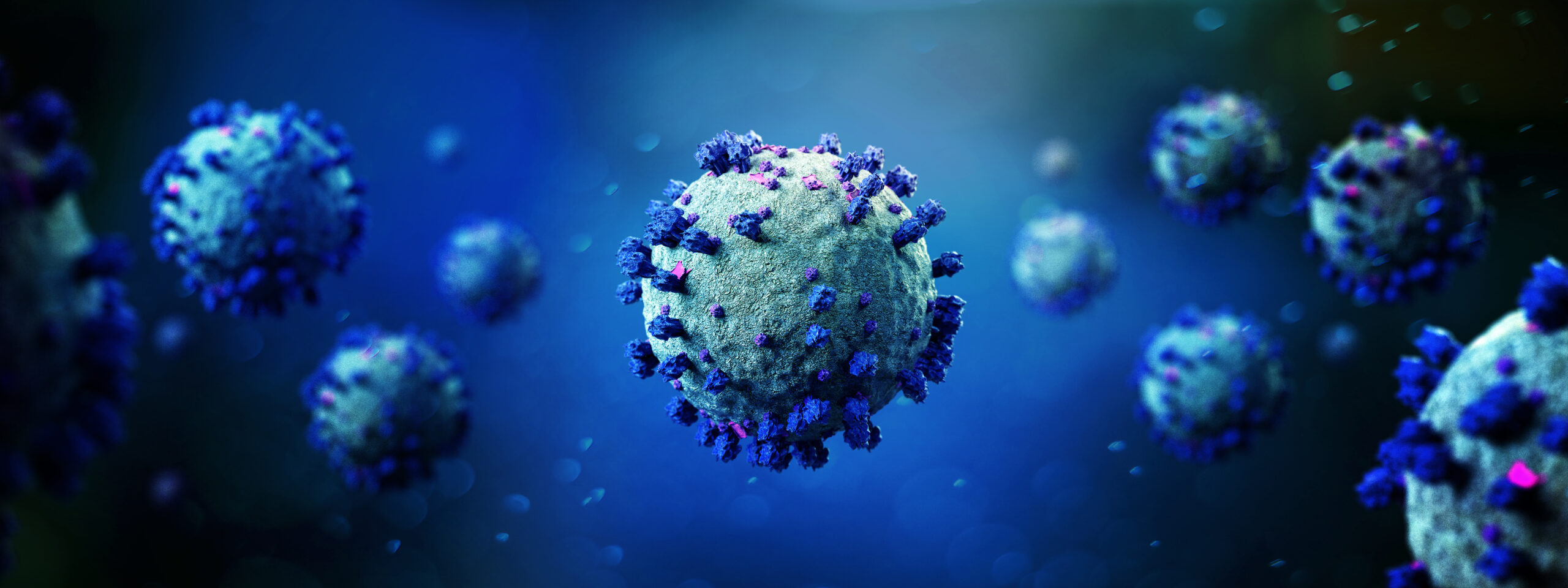Cancer has been one of the largest causes of death each year. Concurrently, over the past few years, the COVID-19 pandemic has caused a surge in deaths and health-related issues. There have been over 1 million deaths because of COVID-19 solely in the U.S., so, both diseases are major concerns for the general welfare of the population.
In the Raman Laboratory at Johns Hopkins Medicine, researchers initially created a molecule inhibitor called RK-33 to stop interactions between certain tumor-inducing proteins. They used this small molecule to inhibit the DDX3 protein, which unwinds the double-stranded RNA controlling many tumor cells. If the genetic code in certain RNA is read and translated, it can cause tumor cell growth. Thus, the researchers found that RK-33, by unwinding the RNA, could prevent the reading of this harmful RNA, slowing cancer growth.
Pipetting Fluid Into Petri Dish For Testing
Image Source: DBenitostock
In addition to cancer, many RNA viruses take control of the DDX3 protein to allow for their own replication, including COVID. So, RK-33 could possibly be used to block a virus’s ability to make copies of itself and hijack the body. With this knowledge, scientists used RK-33 and targeted the DDX3 in cells that were infected by four different variants of COVID-19: the original, alpha, beta, and gamma variants. This resulted in the COVID proteins becoming reduced in the cells and the production of the proteins becoming considerably lessened.
With this incredible success, the researchers are now testing this method against the new omicron variant to see if RK-33 can overcome most, if not all, of the COVID-19 variants. Though more testing needs to be completed with other viruses as well, the fact that this therapy can possibly combat cancer and COVID-19 (and other viruses), gives much hope for the future of disease prevention and treatment.
Featured Image Source: Production Perig










